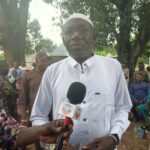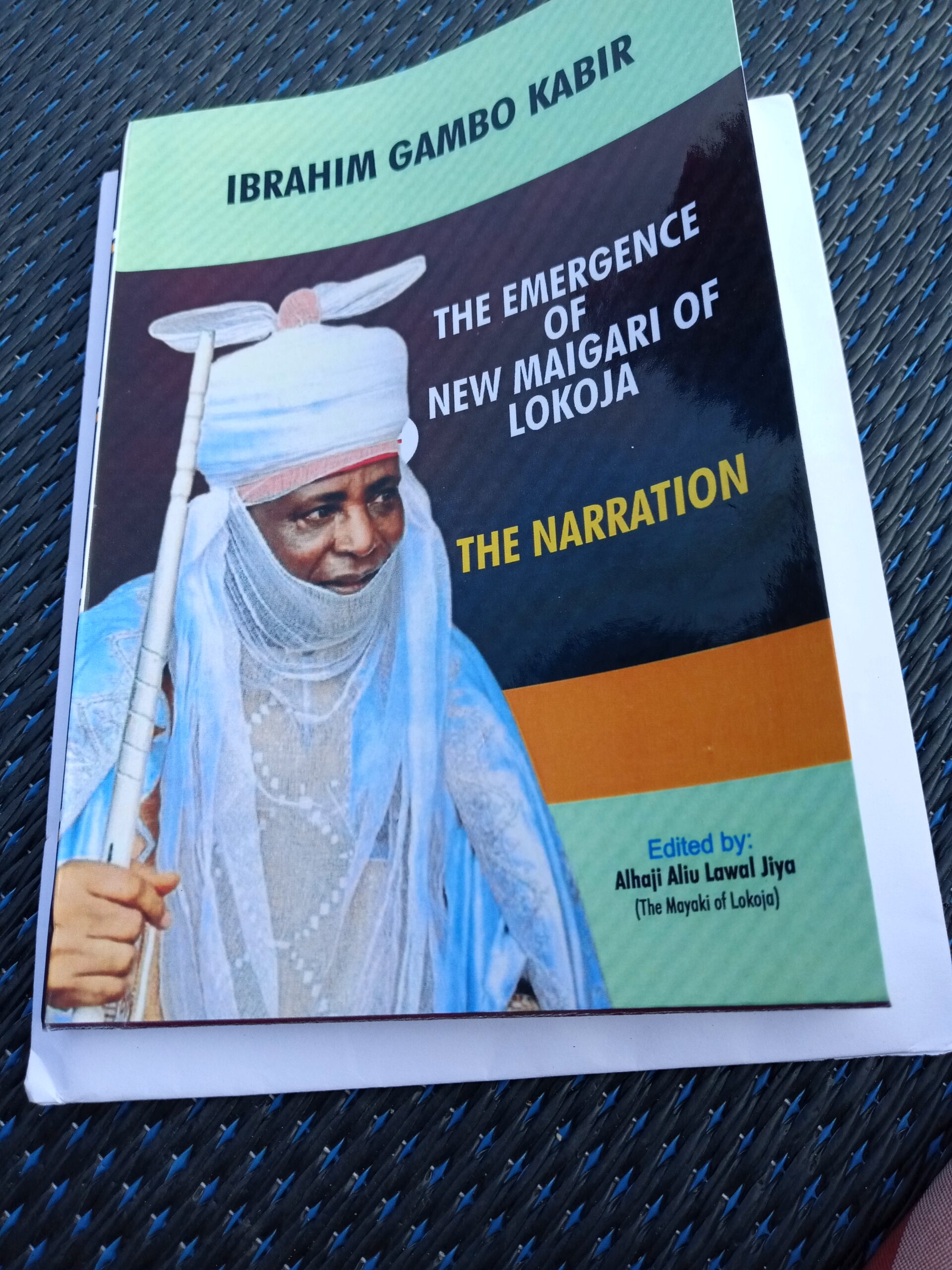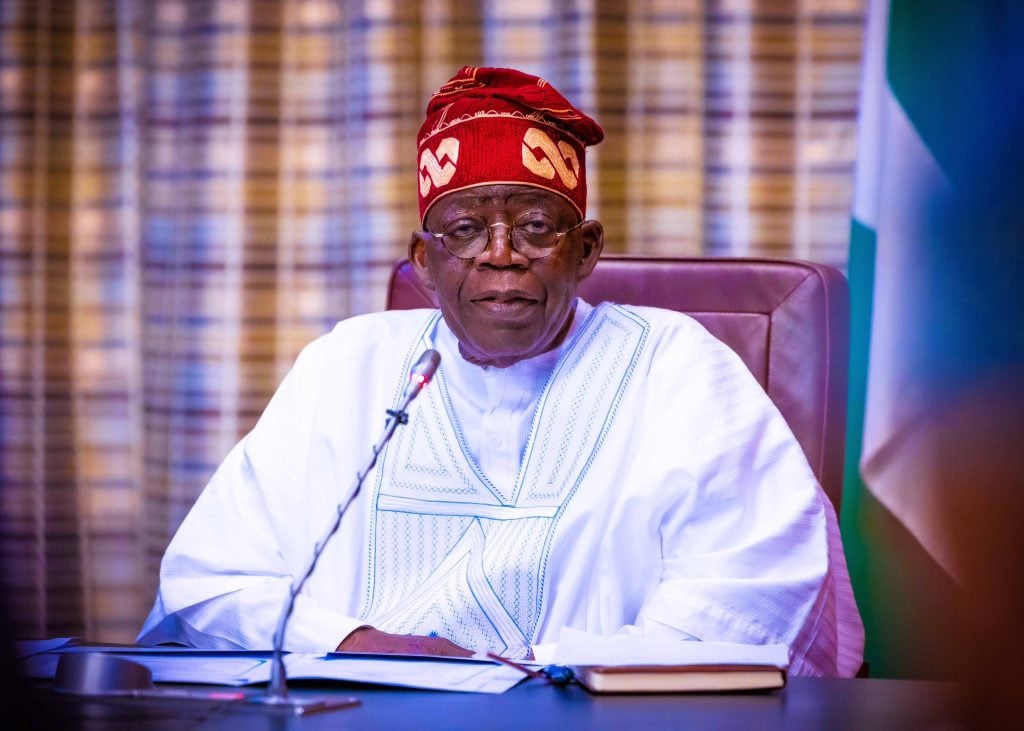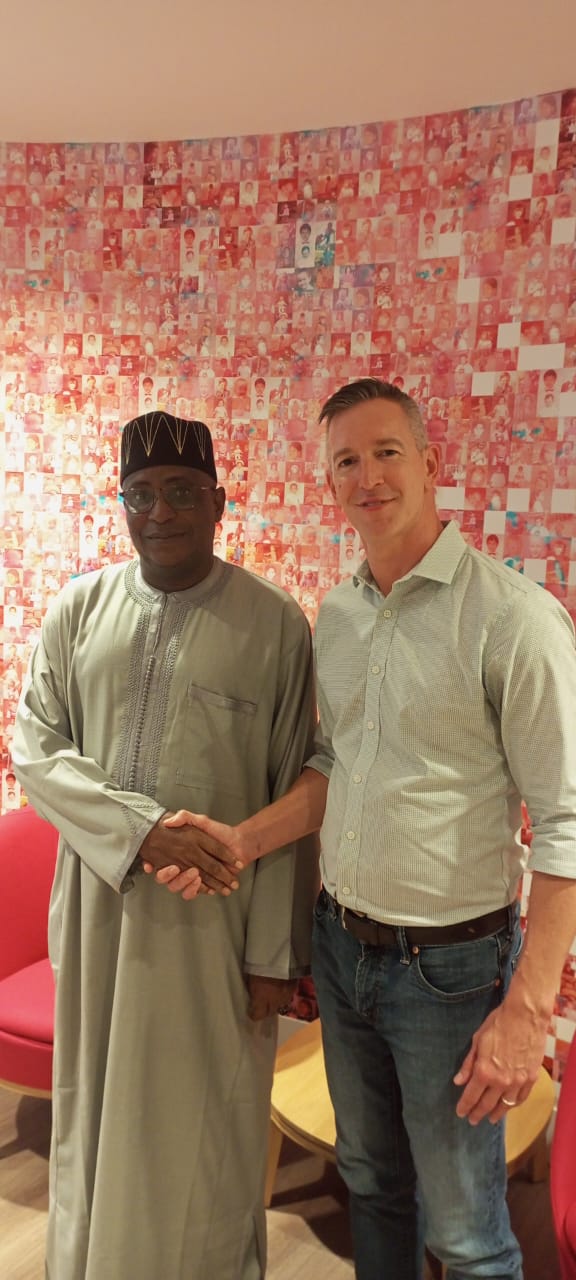
…State govts have no excuses now – Experts
‘…Subsidy windfall puts pressure on govs to deliver’
…We’ll work FG to utilise funds – Govs
…Citizens, CSOs, media must demand transparency – Nsikak
The removal of subsidies on fuel by the federal government has led to increments in allocations to the state governments from the federation account.
BENJAMIN SAMSON in this report engaged with experts on the expectations from governors.
The federation account allocation committee (FAAC) has disclosed that it shared N907.05 billion among the three tiers of government in June 2023. The June allocation shows an increase of N120.893 billion compared to the N786.161 billion shared in May 2023.
Details of the revenue disbursement were contained in a communiqué issued at the end of the FAAC meeting for July 2023 in Abuja recently.
The meeting was chaired by accountant-general of the federation, Oluwatoyin Madein.
More money
Barely two months after the subsidies were eventually removed, a member of the Independent Petroleum Marketers Association of Nigeria, Alhaji Shehu Abubakar, told this reporter that based on his knowledge of the industry, the government was making huge savings as a result of the policy.
“Right now they (the government) are making money. At least with this removal of subsidies, the government has raked in hundreds of billions, whether in naira or dollar. This is because every month we know how much they lost before,” he said.
Likewise, speaking with Blueprint Weekend, a professor of Finance and Entrepreneur at the Ahmadu Bello University (ABU) Zaria, Abdummumuni Alao, urged state governments to put the extra money accruing to them from the removal of subsidies to good use.
He said, “The significant increase in the amount shared by the three tiers of the government from the Federation Account Allocation Committee for June 2023 puts pressure on the 36 states to deliver good governance to a beleaguered populace.
“The federal, state, and local governments shared N907.05 billion, an increase of N120.89 billion over the May figure of N786.16 billion, and the highest since January when N1.14 trillion was distributed. As Nigerians groan, the state governors should put the money to good use, roll out visionary economic plans and stop the dependence on the monthly dole.
“Urgently, the governors should be accountable and prudent. More importantly, they should start running the states as autonomous, self-sufficient productive economic units.
“For decades, state governments had collected the monthly largesse without commensurate service delivery. Unlike other federations, they have become beggarly appendages of the central government, over-reliant on revenues from the crude oil, lacking independent economic plans, and unable to generate enough revenues of their own.”
IGRs
In his view, an economist and investment banker, Paul Obaje, charged governors to leverage on the extra revenue from fuel subsidy removal to shore up their internally generated revenues (IGRs).
He said: “The Federation Account Allocation Committee inflow was reportedly boosted by the remittance of N123 billion interim dividends from the Nigerian National Petroleum Company Limited (NNPCL), after eight months of zero remittance. Officials also link it with more revenue available arising from the stoppage of the petrol subsidy in May.
“States must act swiftly to boost their internally generated revenues (IGRs). Except for Lagos and Rivers states, most states’ IGRs are wretched. Of the N1.89 trillion generated in 2021, Lagos alone accounted for 40 per cent. If this attitude is replicated across the 36 states of the federation, Nigeria would be steady on the path of economic growth and development. All other states fell short of their IGR targets. States have no excuses now.”
He added, “The federal government has since eased regulations on mining, allowing states to seek foreign and local investors and exploit their natural resources. Also, states can now generate, transmit and distribute their own power, and develop rail transport. They should attract foreign and domestic investment in agriculture, ranching, manufacturing, and exports. The recourse to arbitrary taxation is self-defeating.
“Bereft of competitiveness, governors have failed to leverage their states’ unique human and natural resources. They have failed to stem mass urban migration, or retain their valuable young workforce through investments, or develop rural infrastructure and economic hubs.”
Wastes
Abubakar accused most state governments of financial recklessness while calling on indigenes to demand for accountability from them.
He said: “The drive for fiscal discipline must also percolate to the sub-national level where the governors operate with greater impunity and less public scrutiny. They charter flights locally rather than using commercial passenger airlines, and embark on frivolous and fruitless foreign trips under the guise of seeking foreign investors.
“Citizens should constantly monitor, interrogate, and demand accountability from them. As they demand that Nigerians sacrifice more, the governors must make even greater sacrifices and must be seen to do so. That is the true test of leadership.
“When one takes a cursory look at budget performance across the 36 states of the country, one would be confronted with tales of underperformance and a lack of commitment to uplifting the standard of living of the people.
“Such wasteful disposition by our governors is appalling and inimical to sustainable growth and development in Nigeria. It is also instructive to state that not until citizens start to ask questions on accountability from state governors and local government administrators, we would be going round in a vicious circle.”
Continuing, he said, “Citizens must be charged to ask questions on the performance of the budget across the 36 states of the federation. Citizens must also demand transparency from governors in the conduct of state business, as only this can guarantee socio-economic development at the state and local government levels.
“It is thus a statement of the fact that should the governors continue in such fashion, sustainable development would elude us, and we would all bear the brunt of our actions and inactions. Governors must go to work and do the needful in their different states with regards to delivering the dividend of democracy to the people.
“They should display a strong commitment to complementing the efforts of the federal government in tackling the various challenges in the country. Thus, the governors and local government administrators must shun all acts of corruption in their domains.
“This is on the heels that the level of corruption at the state and local government levels is indeed mind boggling If this trend is not curtailed, sustainable development will continue to elude us and youth restiveness would not abate.
“There must be an entrenchment of transparency and accountability in the states and local government to ensure that Nigeria makes substantial gains in our quest for development. If there are no attitudinal changes on the part of governors, Nigeria might remain a project that won’t be completed for a long time to come.
“I am advocating for collectiveness and synergy between the federal government and the state governors towards ensuring that the people enjoy the dividends of democracy.”
The media
In his opinion, the convener of Youth Alive Movement, a civil society organisation (CSO), Joy Nsikak , charged the civil society and the media to heighten their demands for transparency and accountability in the government.
She said: “Many journalists shirk in their responsibility to do thorough investigative journalism. Their primary focus has been more at the federal level. What about the states? Many of the stories we read in the papers these days are like press statements. The chief press secretary to a governor will issue a statement and there will be no background checks before publishing the statement.
“An instance is the disputed issue of social register. The states want to build their own register, but the federal government said the states made inputs in the building of the social register. It will take a serious minded media organisation to dig into the manner of the social register the country has and the beneficiaries.
“Now, these governors want to do their own conditional cash transfers to vulnerable Nigerians. It will be interesting to see what manner of registers the states will have and if the beneficiaries are going to be paid digitally through their bank accounts or cash, which is subjected to a lot of opacity and fraud. So, the media has a role to play.
“The civil society organisations operating across the 36 states and even community-based organisations have the constitutional responsibility of holding the government to account. Section 22 of the Constitution is not there as a window dressing.”
She expressed disaffection with the Houses of Assembly for what she termed “the dereliction of duty,” describing many of them “as rubber- stamps.”
“They are worse than the federal legislature. The good news is the financial autonomy that the administration of former President Muhammadu Buhari gave to the states, which has undergone two alterations, during the fourth and fifth alterations of the constitution in 2018 and 2023.
“With financial autonomy, any serious House of Assembly that wants to perform should be able to because the Assembly will not be beholden to the governor. Their funding will come as a first line charge on the consolidated revenue fund of the state.
“This is to enable them to exercise their independence and to discharge their oversight functions without let or hindrance. So, they can put their feet on and tell the governor that they want to be carried along in the disbursement of the state funds,” she said.
Govs’ assurances
Meanwhile, the Progressive Governors’ Forum (PGF) has pledged to ensure effective utilisation of extra funds, following removal of fuel subsidies. The chairman of the Forum, Hope Uzodimma of Imo state, who did not specify the amount involved, acknowledged there would be more money available to the 36 states.
Speaking to journalists after a closed-door meeting by members of the forum in Abuja, he said, “We are aware that the result of the removal of fuel subsidies will increase the volume of money that would be received by us, and we are working with the federal government to ensure it will be utilised in a manner in which citizens will be happy.”
Doubts
However, Joy sees the promise of judicious utilisation of the revenue as mere talks designed to hoodwink Nigerians into thinking that a prosperous future for all was imminent against the current situation where the political class lives large at the expense of the poor masses.
She noted that the policy was tantamount to putting more money in the hands of state governors who have known for misappropriation of resources, describing the development “as very risky.”
“Over the years, governors, local council chairmen have not shown their desire to utilise resources for developmental purposes. Insecurity is still pervasive, and a low understanding of what democracy is all about is evident. Abuses are common, unfinished projects litter every state of the federation.
“Various statistics have shown negative economic development and growth in almost all the states of the federation. We, therefore, do not believe that growth and development will come through the present approach of putting more money in the hands of state agents and the expected delivery would not show up. Leakages are therefore going to erode any government’s desire to encourage growth nationwide.”












